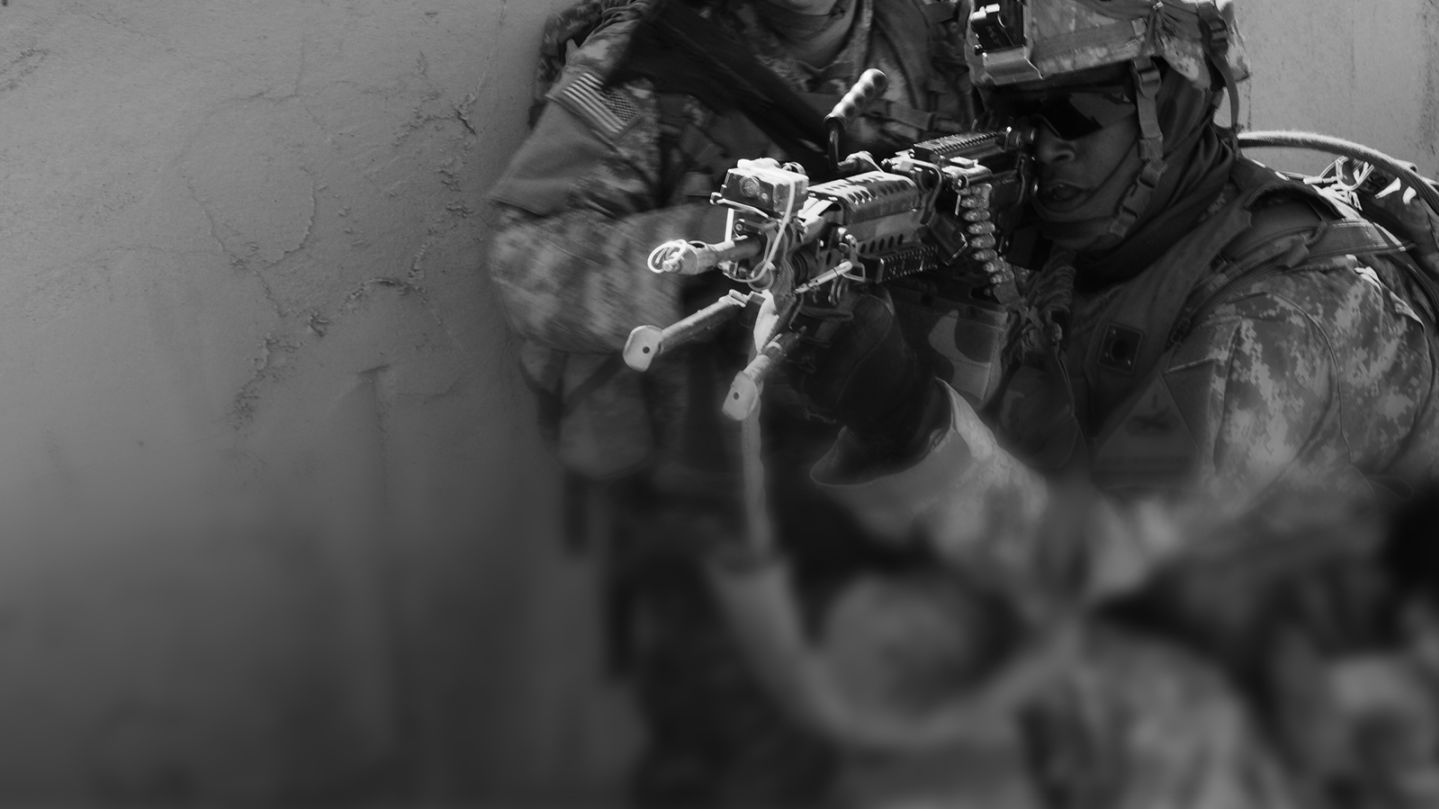Story highlights
Abu Zubaydah was captured in Pakistan in 2002
Pyschologists admitted physical contact during his interrogation
Abu Zubaydah, an inmate at the Guantanamo Bay detention facility who is believed to have been subjected to torture after his 2002 capture in Pakistan, appeared Tuesday in public for the first time at a hearing, with his military representative saying the detainee “has no desire” to harm the United States.
The hearing is part of the Periodic Review Board, which the Department of Defense describes as “an interagency process designed to review whether continued detention of Guantanamo detainees is necessary to protect against a continuing significant threat to the security of the United States.”
“He has come to believe that he might have a chance to leave Guantanamo through this process,” a representative for Zubaydah said at the hearing.
According to the government, Zubaydah “played a key role in al Qaeda’s communications with supporters and operatives abroad and closely interacted with al Qaeda’s second-in command at the time,” adding that after 9/11 he “took a more active role in attack preparations,” including potential attacks on the United States.
Zubaydah did not speak during the public portion of the review board, but his representative said, “He has no desire or intent to harm the United States or any other country, and he has repeatedly said that the Islamic State is out of control and has gone too far.”
Zubaydah’s treatment while in detention became well known and the subject of a complaint launched by the American Civil Liberties Union.
Two psychologists who had worked as contractors for the CIA, James Elmer Mitchell and John “Bruce” Jessen, admitted in June via a response to the criminal complaint that they used techniques on Zubaydah that many, including President Barack Obama, consider to be torture. They denied committing torture.
Jessen and Mitchell wrote that they “used facial slaps, abdominal slaps and facial grabs” on Zubaydah in connection with asking him for information about terrorist operations planned against the United States.
Zubaydah’s review board representative said Tuesday that the detainee “expressed a desire to be reunited with his family and begin the process of recovering from injuries he sustained during his capture.”
Zubaydah is one of 61 detainees remaining at the detention facility in Cuba. There were 242 inmates housed there when Obama took office.
Last week, the United States announced that 15 detainees have been transferred out of the detention facility, the single-largest transfer under Obama, according to Lee Wolosky, the US special envoy for Guantanamo closure.

























